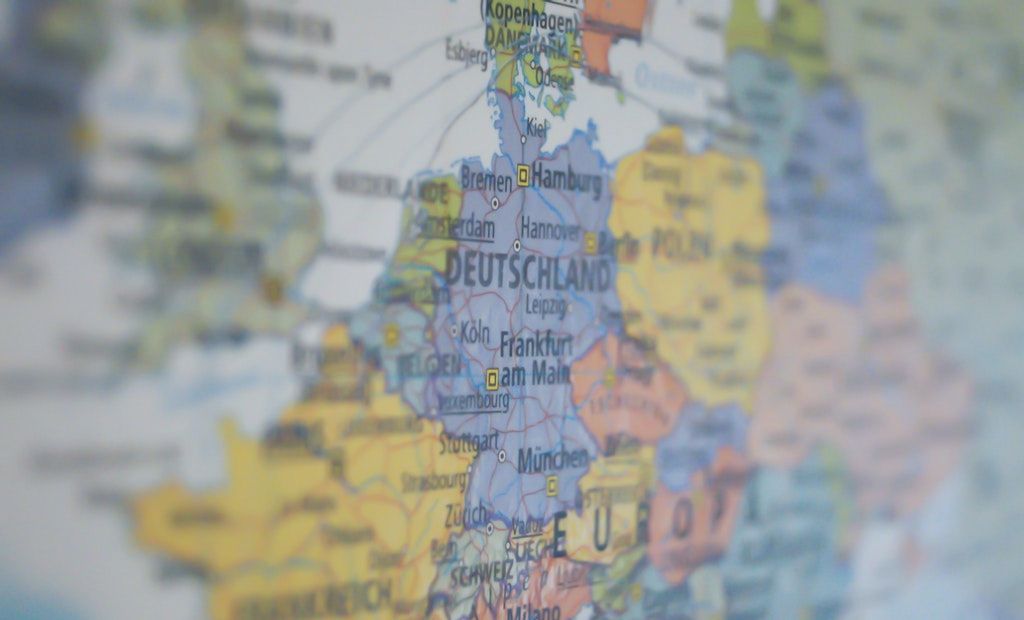European Union bans animal testing for cosmetics

The European Union has this week put into effect a complete ban on the sale of cosmetic products developed through animal testing.
Announced by the European Commission on Monday 10th March, the ban applies to all new cosmetics, including their ingredients, sold within the EU.
Indeed, the Commission stipulates that any products that have been tested on animals, regardless of where in the world the testing has been carried out, will be banned.
Prior to announcing the ban, the EU Commission had said it was working with industries to develop more alternatives to animal testing and that it had allocated 238m Euros in 2007-2011 for such research.
Back in 2004, the EU had banned the testing of finished cosmetic products on animals and 27 EU countries have had a ban on such tests in place since 2009.
However, several companies had sidestepped this ban and were able to make profits from the sales of products that had been tested on animals so long as the testing was done outside of the EU.
However, on Monday the EU Commission asked the EU’s trading partners to completely stop the sale of all products tested on animals, eliminating those remaining exemptions.
The anti-vivisection group BUAV, the European Coalition to end Animal Experiments (ECEAE) and many animal rights groups who have been working on the issue for more than 20 years, congratulated the EU for putting the ban into effect, stating that now they would be pressing for a global plan as there are still many countries across the world that test on animals.
Co-founder and president of animal rights organisation PETA, Ingrid Newkirk, said: “The 2013 ban reflects the public’s conviction that cosmetics cannot come before animals’ lives, it is a great day for the animals, consumers and the science”.
Responding to Monday’s announcement, the French-based cosmetics company, L’Oreal, stated that ‘it would no longer sell in Europe any finished product with an ingredient that was tested on animals’.
Additionally, Estée Lauder, a cosmetics manufacturer based in the US, announced that it did not test products or ingredients on animals and was increasing efforts to gain global acceptance for safety evaluations that did not rely on animal testing.
However, other cosmetics firms within the European Union are concerned that the ban could put Europe at a competitive disadvantage in a global market. Indeed the companies, estimated to be worth approximately €70 billion ($91 billion) annually, criticised the EU commission for putting the ban into effect before finding alternatives for some of the more complex tests.
Aastha Gill

























Facebook
Twitter
Instagram
YouTube
RSS